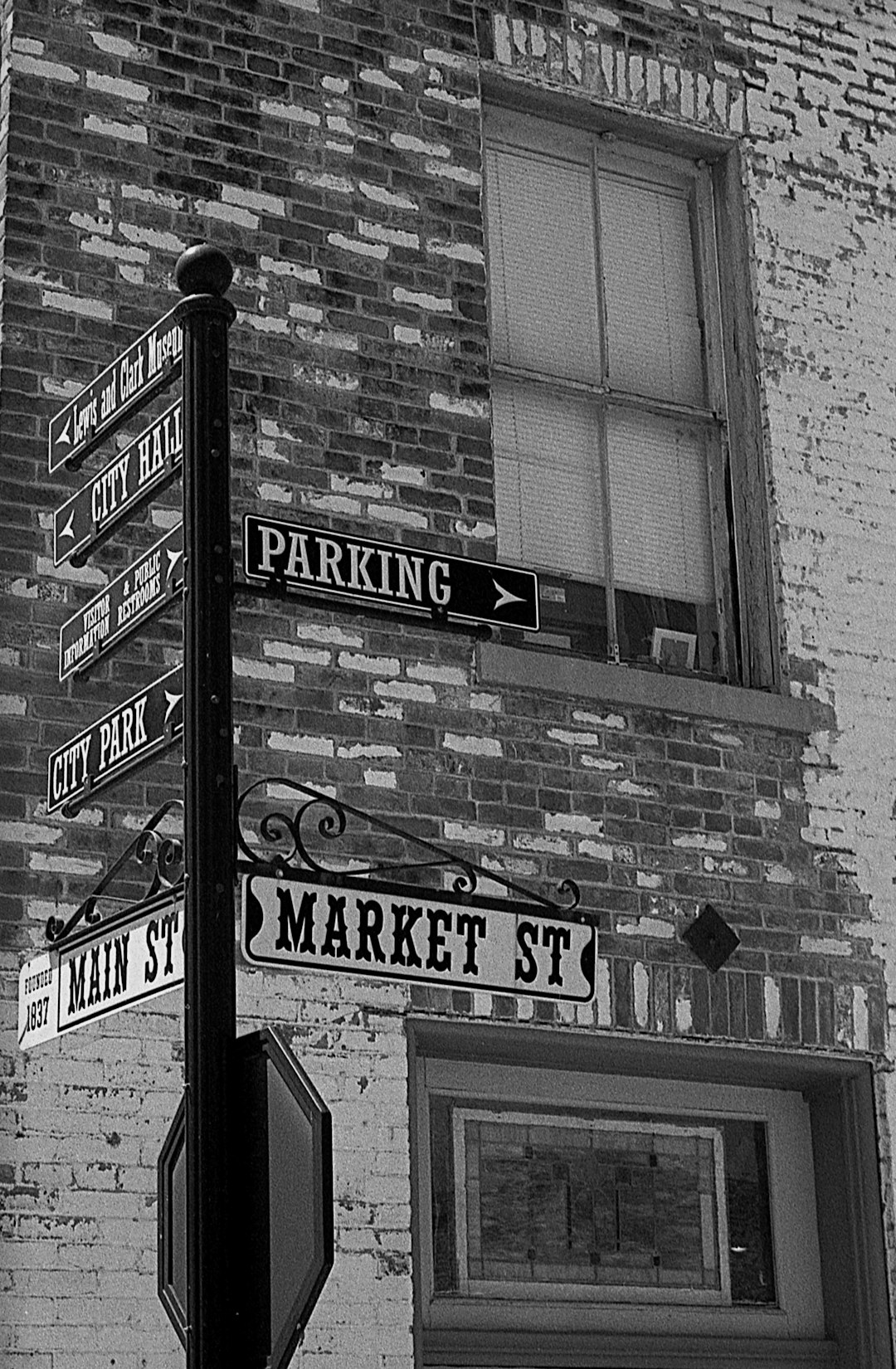Daycare abuse attorneys in Missouri navigate complex state policies that regulate childcare providers, setting standards for safety and well-being. These policies, varying across states, influence licensing requirements, staff ratios, background checks, and oversight, impacting facility operations and child protection. In Missouri, the Department of Social Services enforces regulations, focusing on health training, inspections, and clear guidelines to prevent abuse and foster trust between families and providers. Attorneys play a crucial role in advocating for stringent oversight while ensuring due process for care providers, guided by state laws in handling abuse cases involving child welfare.
“Uncovering the intricate relationship between state policies and childcare provider regulation is paramount in ensuring child safety. This article explores how state-level decisions shape the landscape of childcare oversight, with a specific focus on Missouri. From licensing requirements to safety standards, we delve into the implications for both providers and parents.
Furthermore, we examine the legal aspects, highlighting the role of daycare abuse attorneys Missouri, who navigate these policies to seek justice for affected children.”
State Policies: The Foundation of Child Care Regulation

State policies form the foundation upon which childcare regulation and oversight are built, shaping the standards and guidelines that daycare centers and providers must adhere to. Each state in the US has its own set of laws and regulations designed to ensure the safety, well-being, and education of children in their care. These policies cover various aspects, including licensing requirements for childcare facilities, staff-to-child ratios, health and safety measures, curriculum standards, and procedures for handling complaints and incidents.
In Missouri, for instance, daycare abuse attorneys often find themselves navigating a complex web of state regulations aimed at protecting children. The Missouri Department of Social Services oversees the licensing and regulation of childcare providers, ensuring they meet specific criteria related to staff qualifications, facility conditions, and program operations. Parents and caregivers can look to these policies as a crucial defense mechanism against potential neglect or abuse, empowering them with knowledge about their rights and the standards expected of daycare centers.
Impact on Provider Licensing and Permits

State policies play a pivotal role in shaping the landscape of child care provider licensing and permits, which is especially crucial in safeguarding children’s well-being. Each state has its own set of regulations governing daycare operations, including requirements for staff-to-child ratios, safety protocols, and background checks. These policies can significantly impact the entry and operation of childcare centers, home-based programs, and other providers. In Missouri, for instance, daycare abuse attorneys often find themselves navigating complex legal terrain related to state licensing standards and their enforcement.
The process of obtaining licenses and permits involves strict adherence to these regulations, ensuring that childcare facilities meet or exceed safety and quality benchmarks. Stringent licensing requirements can act as a filter, promoting higher-quality care by weeding out potentially substandard or unsafe providers. Conversely, less stringent policies may lead to a larger number of licensed operators but could compromise the overall protection of children in their care. Understanding these state-level impacts is essential for advocates, policymakers, and parents alike, especially when considering the potential consequences of inadequate oversight, as highlighted by cases involving daycare abuse attorneys in Missouri.
Safety Standards and Oversight Procedures

In Missouri, state policies play a pivotal role in establishing safety standards and oversight procedures for daycare providers. These regulations are designed to protect children from potential harm and ensure their well-being while in childcare settings. The Missouri Department of Social Services (DSS) is tasked with licensing and regulating childcare facilities, including daycares, to maintain consistent quality and safety across the state. This includes rigorous background checks for staff, health and safety training, and regular inspections to verify compliance with state laws.
Daycare abuse attorneys in Missouri often advocate for stringent oversight as a preventive measure against any form of maltreatment or neglect. The state’s policies should include clear guidelines on staff-to-child ratios, first aid and CPR training, and the reporting of suspected abuse or neglect. Effective oversight procedures not only safeguard children but also provide a framework for daycare providers to operate responsibly, fostering trust between families and childcare facilities.
Legal Implications for Daycare Abuse Attorneys Missouri

In Missouri, the legal implications for daycare abuse attorneys are shaped by state policies that regulate child care providers. These policies determine the level of oversight and the regulatory framework under which daycare centers operate. When instances of abuse or negligence occur, daycare abuse attorneys in Missouri must navigate a complex legal landscape. The state’s laws regarding child protection, liability, and civil rights play a crucial role in determining the rights of both the victims and the accused.
Daycare abuse attorneys in Missouri face the challenge of ensuring that the rights of children are protected while also upholding the due process rights of care providers. The state’s policies on reporting, investigation, and punishment for abuse or neglect guide the legal strategies employed by these attorneys. Understanding these policies is essential for daycare abuse attorneys to effectively represent their clients and advocate for justice in cases involving child welfare.





